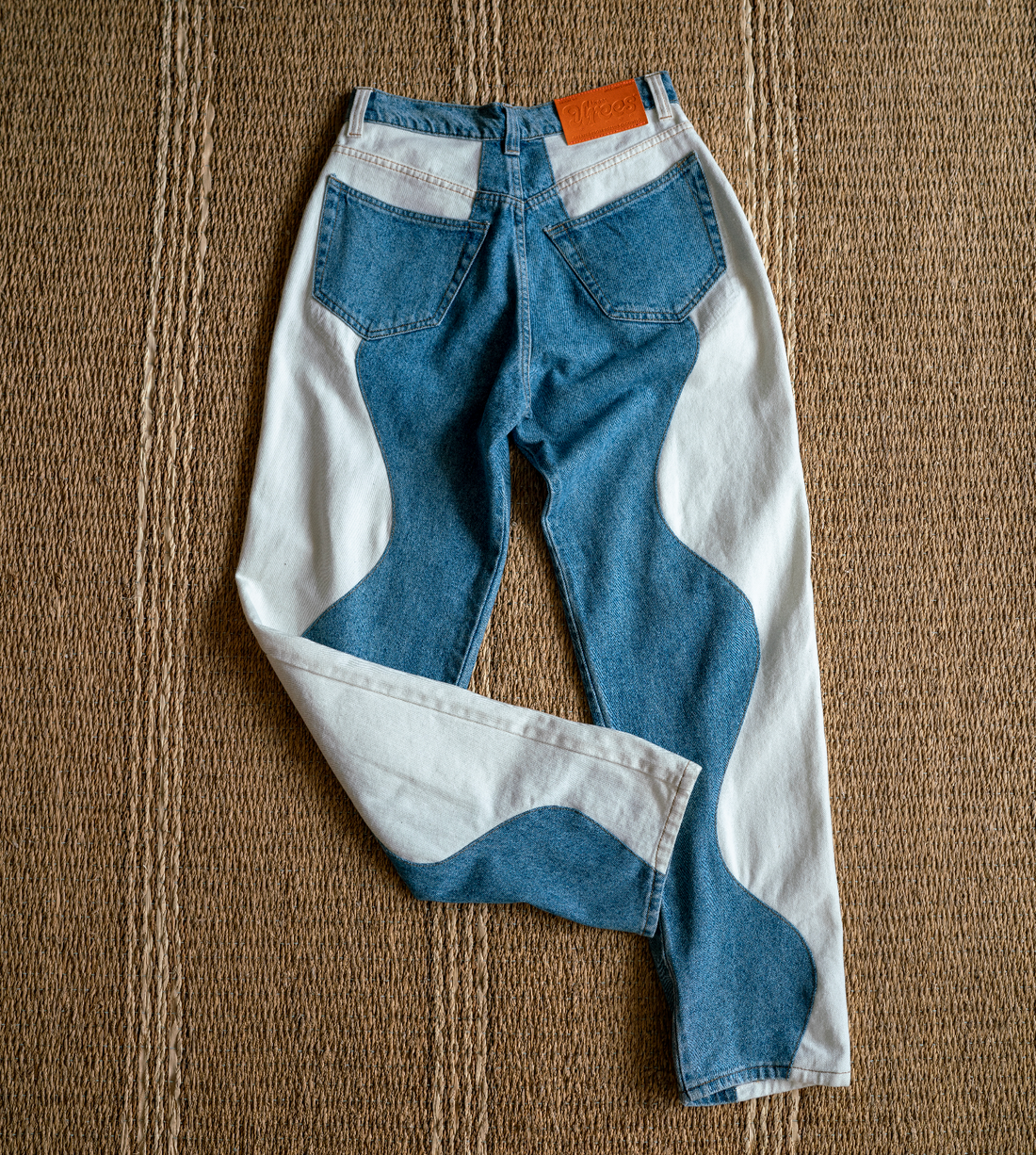In an era marked by fast-paced consumerism and mass production, the concept of slow fashion has emerged as a powerful movement advocating for sustainable, ethical, and responsible practices in the fashion industry. Slow fashion seeks to challenge the harmful effects of fast fashion by promoting a conscious approach to consumption and production. In this article, we will explore the key principles of slow fashion and showcase real-world brands that have embraced this transformative ethos.
- What is Slow Fashion?
At its core, slow fashion is about embracing quality over quantity, valuing craftsmanship and artistry, and fostering a deeper connection between consumers and their clothing. It encourages a mindful, thoughtful, and ethical approach to fashion by considering the environmental, social, and economic impacts of our clothing choices.
Key Principles of Slow Fashion:
a) Local Production: Slow fashion supports local artisans and manufacturers, promoting regional craftsmanship and ensuring fair wages and working conditions.
b) On-Demand Manufacturing: By adopting on-demand production, brands minimize waste and overproduction, producing garments only when they are ordered by customers.
c) Sustainable Materials: Slow fashion prioritizes sustainable and eco-friendly materials, reducing the environmental impact of clothing production.
d) Timeless Design: Embracing timeless styles, slow fashion promotes clothing that transcends trends and fosters a lasting relationship with the wearer.
- Leading the Slow Fashion Movement: Brands Making a Difference
a) Patagonia: A pioneer in sustainability, Patagonia is committed to producing high-quality outdoor clothing with minimal environmental impact. They prioritize ethical sourcing, use recycled materials, and advocate for fair labor practices.
b) Eileen Fisher: Eileen Fisher exemplifies slow fashion with its dedication to simplicity, versatility, and eco-conscious materials. They encourage customers to return used garments for recycling, promoting circularity.
c) Reformation: Known for its chic and sustainable designs, Reformation focuses on minimizing waste through on-demand production and upcycling materials.
UREES celebrates the historical memory of used garments by transforming them into unique and hand-crafted pieces. With local and on-demand production, UREES ensures no excess stocks and prioritizes sustainability throughout its process.
Slow fashion is not just a trend; it is a movement towards a more sustainable and responsible future for the fashion industry. By embracing conscious consumption and supporting brands that prioritize local production, ethical practices, and sustainable materials, we can collectively contribute to positive change. Together, let us advocate for slow fashion and make mindful choices that preserve the planet and empower communities for generations to come.

